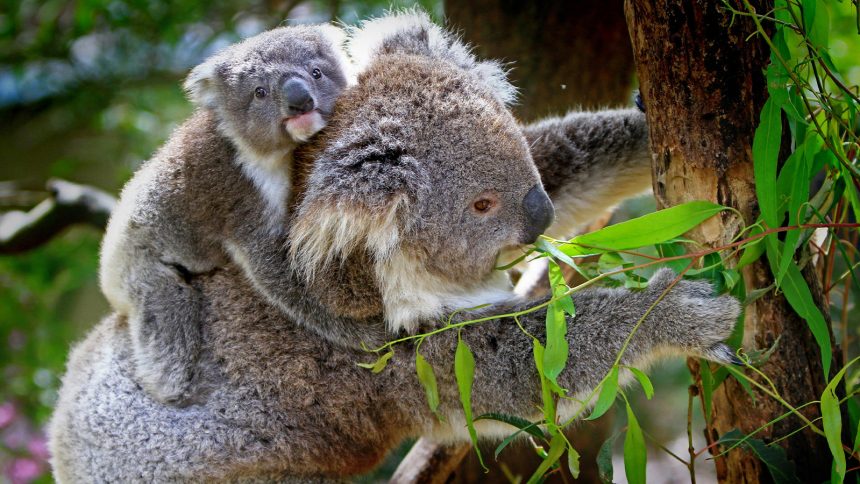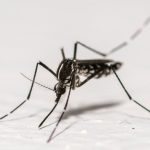The world’s first vaccine to protect endangered koalas from chlamydia has been officially approved in Australia, marking a major step in conservation efforts for the species.
Developed by the University of the Sunshine Coast’s veterinary medicine division, the single-dose vaccine is designed to combat a disease responsible for nearly half of all wild koala deaths.
Researchers spent over a decade working on the vaccine, which protects the animals from urinary tract infections, blindness, infertility, and, in some cases, death. The disease has been spreading in koala populations since the 1990s, with infection rates reaching as high as 100 percent in some colonies along Australia’s east and southeast coasts. With only 50,000 to 80,000 koalas left in the wild, conservationists fear the marsupial could vanish from parts of the country within a generation.
Unlike antibiotic treatments, which can be deadly to koalas by destroying vital gut bacteria needed to digest eucalyptus leaves, the vaccine offers lasting protection. Trials over the past decade have shown promising results. A 2024 study found the vaccine reduced the likelihood of koalas developing symptoms during breeding age and decreased mortality from the disease by at least 65 percent.
Vaccine gets approved
The vaccine reduces infection, prevents progression to clinical disease, and in some cases reverses symptoms. It was tested on hundreds of wild koalas, those in captivity, and patients at wildlife hospitals across multiple generations.
The global effort behind its development included contributions from Canada’s University of Saskatchewan, the University of British Columbia, Dalhousie University, and the International Vaccine Institute, with support from the Bill and Melinda Gates Foundation. Additional backing came from the Morris Animal Foundation, Rane Pharma, and animal health company Ceva Santé Animale.
Australia Zoo Wildlife Hospital, owned by the family of the late Steve Irwin, also played a role in the vaccine trials. “These trials involved vaccinating koalas in real-world conditions, enabling researchers to gather valuable data on the vaccine’s potential benefits,” said conservationist Terri Irwin.
The team plans to begin rolling out the vaccine in January 2026, prioritizing wildlife hospitals and the most at-risk populations. The goal is to provide the shot free of charge, though further funding and donations are needed to ensure widespread distribution.
While the vaccine represents a breakthrough, researchers stress that other threats driving koalas toward extinction, such as habitat loss, climate change, and wildfires, must also be addressed to secure the species’ future.













